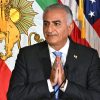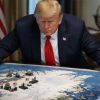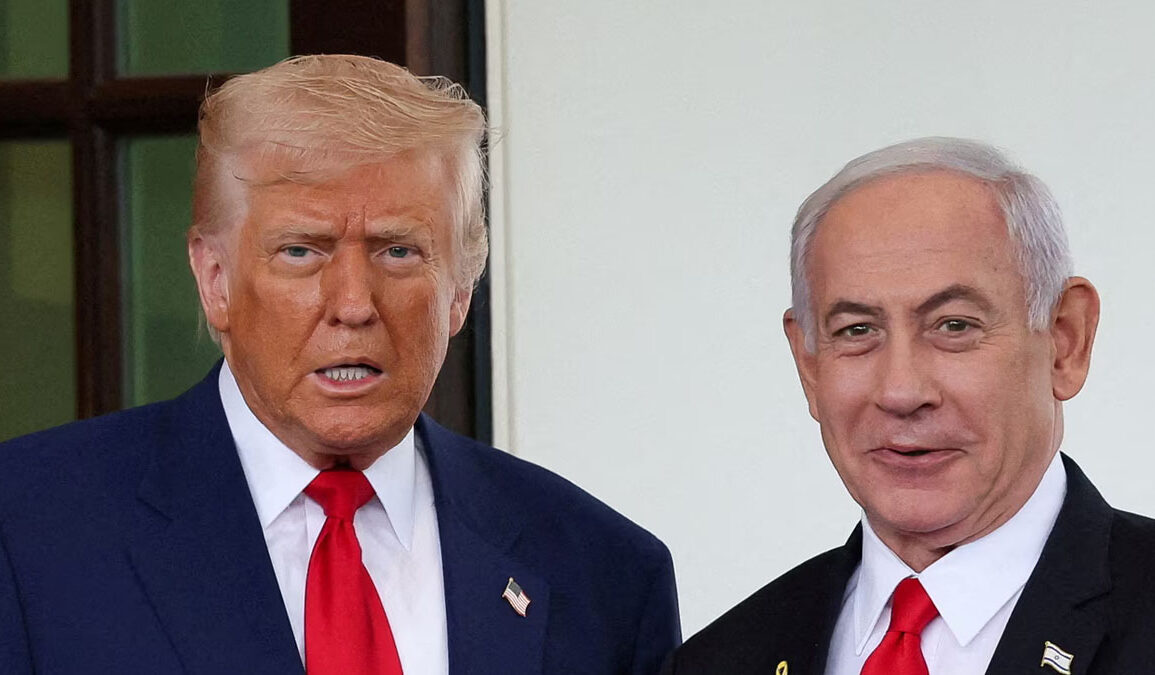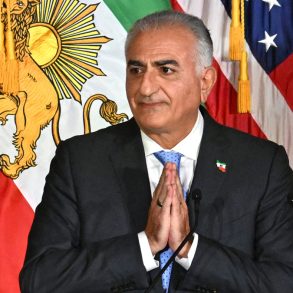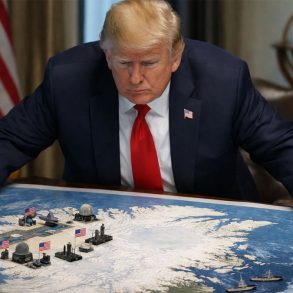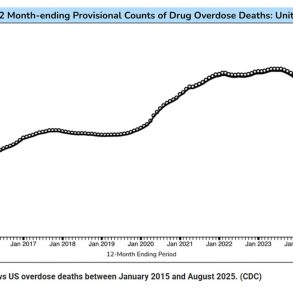After almost 21 months of relentless war, Israeli Prime Minister Benjamin Netanyahu has said that former U.S. President Donald Trump could be the decisive figure to bring about a ceasefire between Israel and Hamas. As negotiations intensify over a proposed 60-day truce, Netanyahu made it clear that he sees Trump’s involvement as central to any breakthrough.
Speaking on Sunday before departing for Washington, Netanyahu told reporters, “I believe the discussion with President Trump can certainly help advance these results.” He stressed that Trump’s return to the White House has created what he called “many opportunities,” including the chance to rescue hostages and reshape the security situation in Gaza.
What Is on the Table
The U.S.-backed proposal outlines an initial 60-day truce during which Hamas would release 10 living hostages and the remains of 18 others. Israel, in exchange, would free Palestinian prisoners, withdraw from some positions in Gaza, and allow more humanitarian aid to flow.
The deal is designed to open the way for permanent ceasefire talks immediately after the truce begins. An Israeli official said the new proposal includes stronger assurances than past agreements that negotiations will continue without interruption.
Netanyahu’s public remarks have emphasized that only Trump has the leverage and credibility to push both sides closer to an agreement. “Many opportunities have opened up,” Netanyahu said. “Firstly, to rescue the hostages… of course, we will also need to solve the Gaza issue, defeat Hamas, but I believe we will accomplish both missions.”
He credited Trump’s renewed diplomatic push with building momentum after months of stalemate and added, “The discussion with President Trump is crucial to achieving these objectives.”
This framing highlights Netanyahu’s calculation that Trump’s backing could overcome the deep mistrust that has blocked previous deals.
Hamas’ Demands
While Netanyahu lauded Trump’s involvement, Hamas has responded with guarded optimism. The group delivered what it called a “positive response” to the proposal but submitted amendments seeking stronger guarantees that the truce would lead to a permanent end to fighting.
A Hamas official said, “We are ready to return the hostages in one day. We want a guarantee that war will not come again after that.”
The group also insisted that aid should be managed by the United Nations, not the controversial Gaza Humanitarian Foundation, which Palestinians accuse of politicizing food distribution.
Some military officials have also shifted their stance. One senior officer told CNN that further fighting was yielding diminishing returns. “It’s harder now to achieve tactical goals,” the officer said.
Trump’s Optimism
Trump himself has signaled that he is eager to broker a deal. Speaking to reporters aboard Air Force One, he said, “We have to get it over with. We have to do something about Gaza.”
He added that an agreement could be reached “next week,” describing Hamas’ response as “good.”
For the civilians trapped in Gaza and the hostages’ families in Israel, the question is whether Trump’s involvement will translate into real progress. Netanyahu has pinned much of his strategy on Trump’s leadership, framing him as the decisive figure who can break the deadlock.
NP Editor: We believe that Trump’s previous goal, of moving the population and then rebuilding Gaza is the best option, but if Hamas feels its only way to survive is to hunker down in Gaza, this will be less fruitful.
It could be that the attacks on Iran have cut support for Hamas and they are grasping at straws to survive.
So the challenge is to dislodge Hamas without giving them an advantage.

